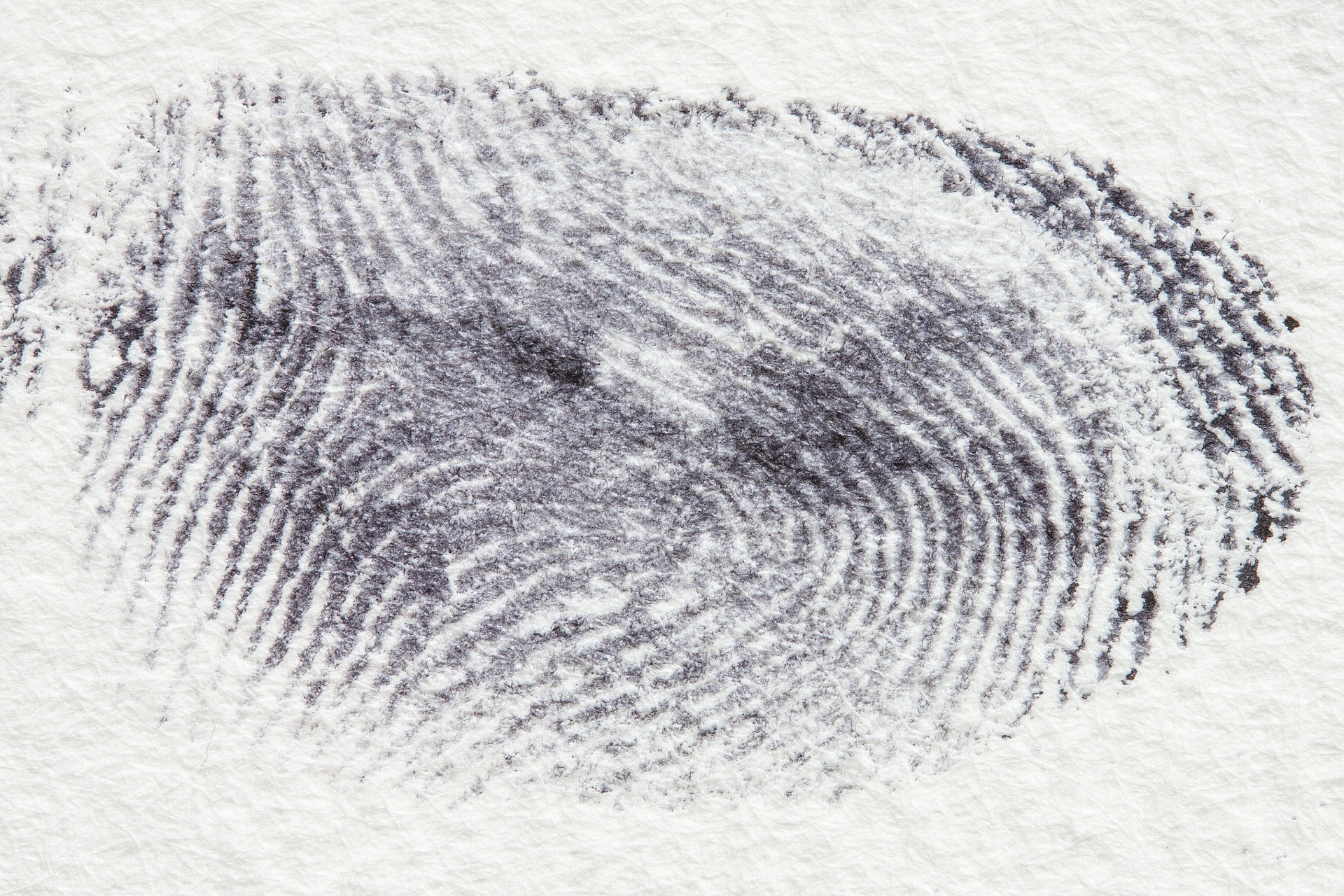 Apr
08
2018
Apr
08
2018
The Baggage
“Time doesn’t erase the demons you don’t see.” —Oblivion by Shinedown
An adolescent complained to me recently how unfair their teacher was, especially in terms of expectations. I pressed the student to tell me why this bothered them. As with many of us, it was hard. I provided the student with a list of negative self-beliefs and asked them to pick one that resonated with them. They looked over the list and immediately started crying. The student, unable to speak, pointed to one statement on the list and showed me. “I am a disappointment.”
Neither the student’s parents nor the teacher would agree with this. This student has never been in trouble and gets straight A’s. This an irrational belief, but this student had a history and a story. It had nothing to do with the teacher. It had everything to do with what the student brought into the classroom.
We are all carrying stuff around. This stuff may be considered minor to others, but an off-handed comment by a friend or coach or a parent’s unintended look of disappointment can linger for decades and shape the way we think and feel about ourselves. In many cases, it becomes a defining, core belief about us as a person.
These memories are often stored as the original emotion and sensation apart from our rational minds. Caught in time. Stuck. When the memories are triggered, they come out the same way—immediately, emotionally and irrationally. These look like a panic attack, a somatic response like an upset stomach, an anger outburst or being overwhelmed with sadness. These triggers threaten us by confirming that negative self-belief. Minimizing, rationalizing or ignoring those defining moments doesn’t get rid of them.
Most of us have no idea what stuff we are hauling or why we react the way we do at times, but there are clues. Things in our present lives point to past.
What irritates you on a daily basis? What negative things do you say to yourself? What irrational reactions do you have?
These are clues to our self-beliefs and “stuff” we carry around. Noticing this is the starting point to becoming self-aware and in control.
This is the wonderful aspect of EMDR therapy. It identifies and addresses the root causes of our daily struggles. It helps correct those core beliefs that drive so many of our counterproductive behaviors.
If you’ve tried forms of talk therapy and it hasn’t helped, give me a call. There is hope and a way to get better.




